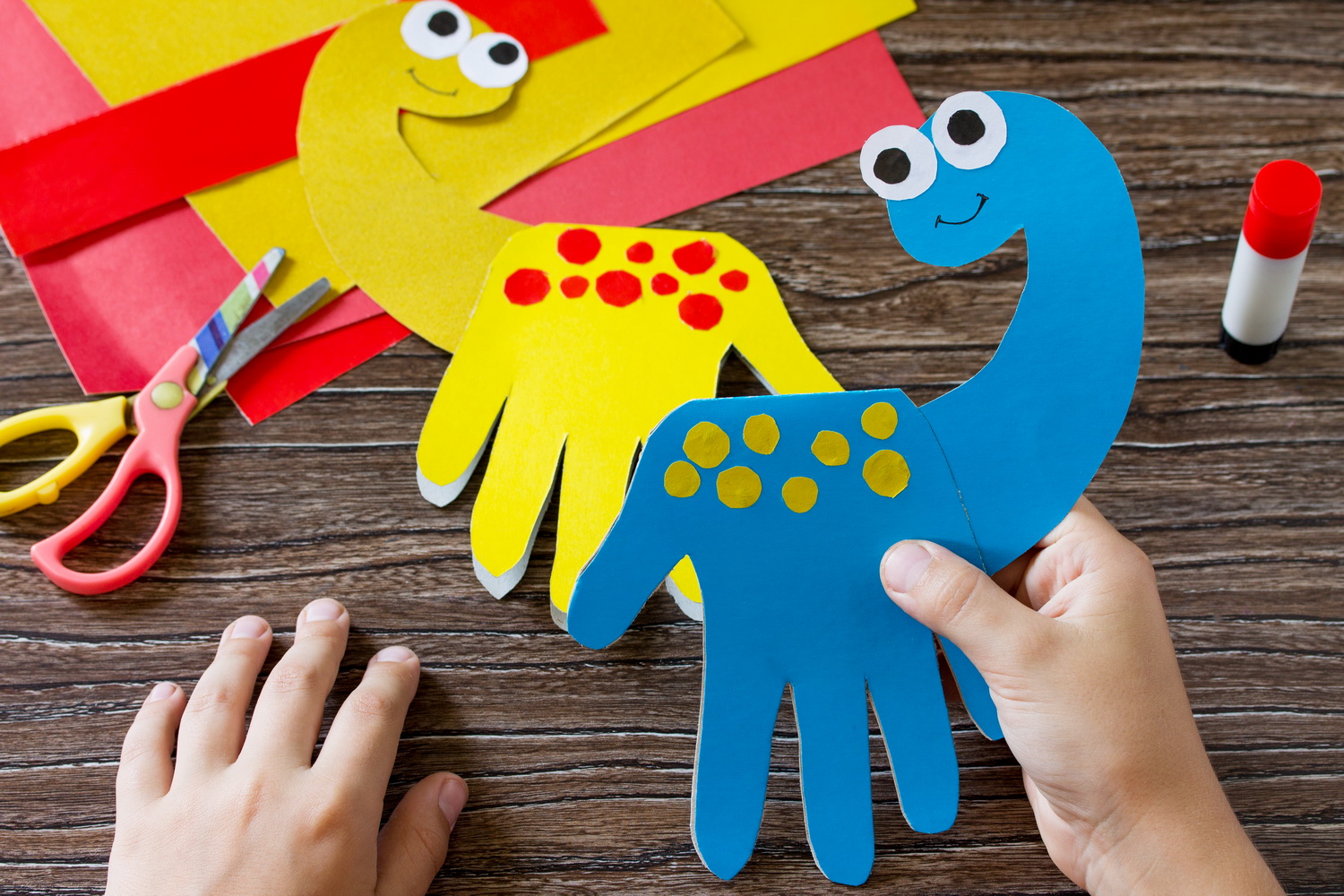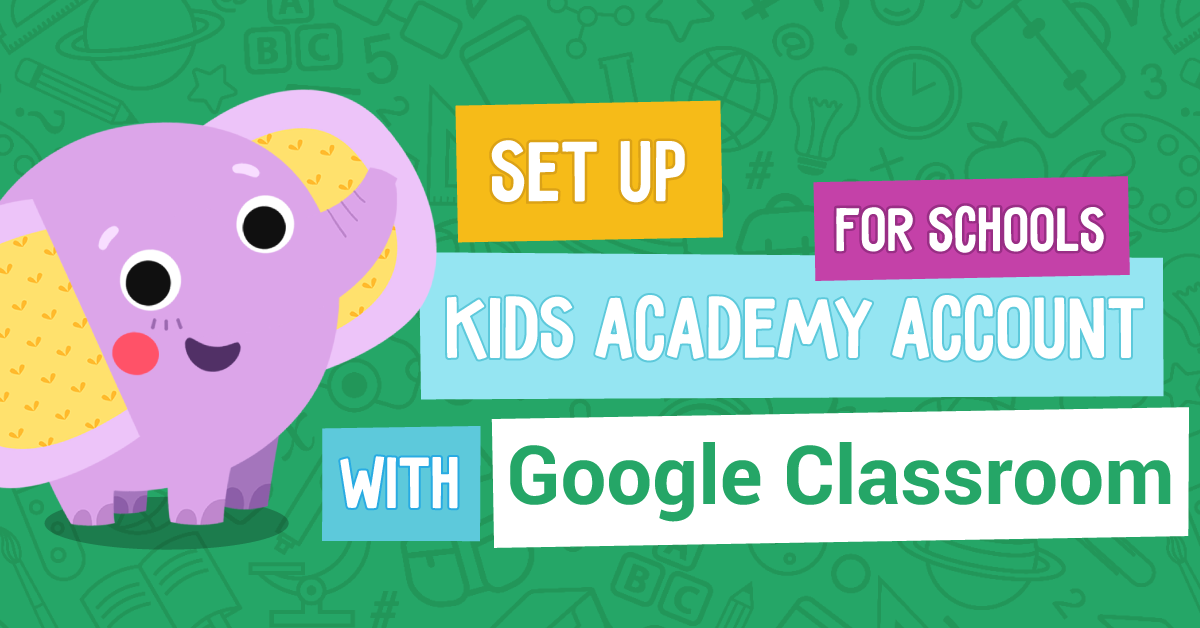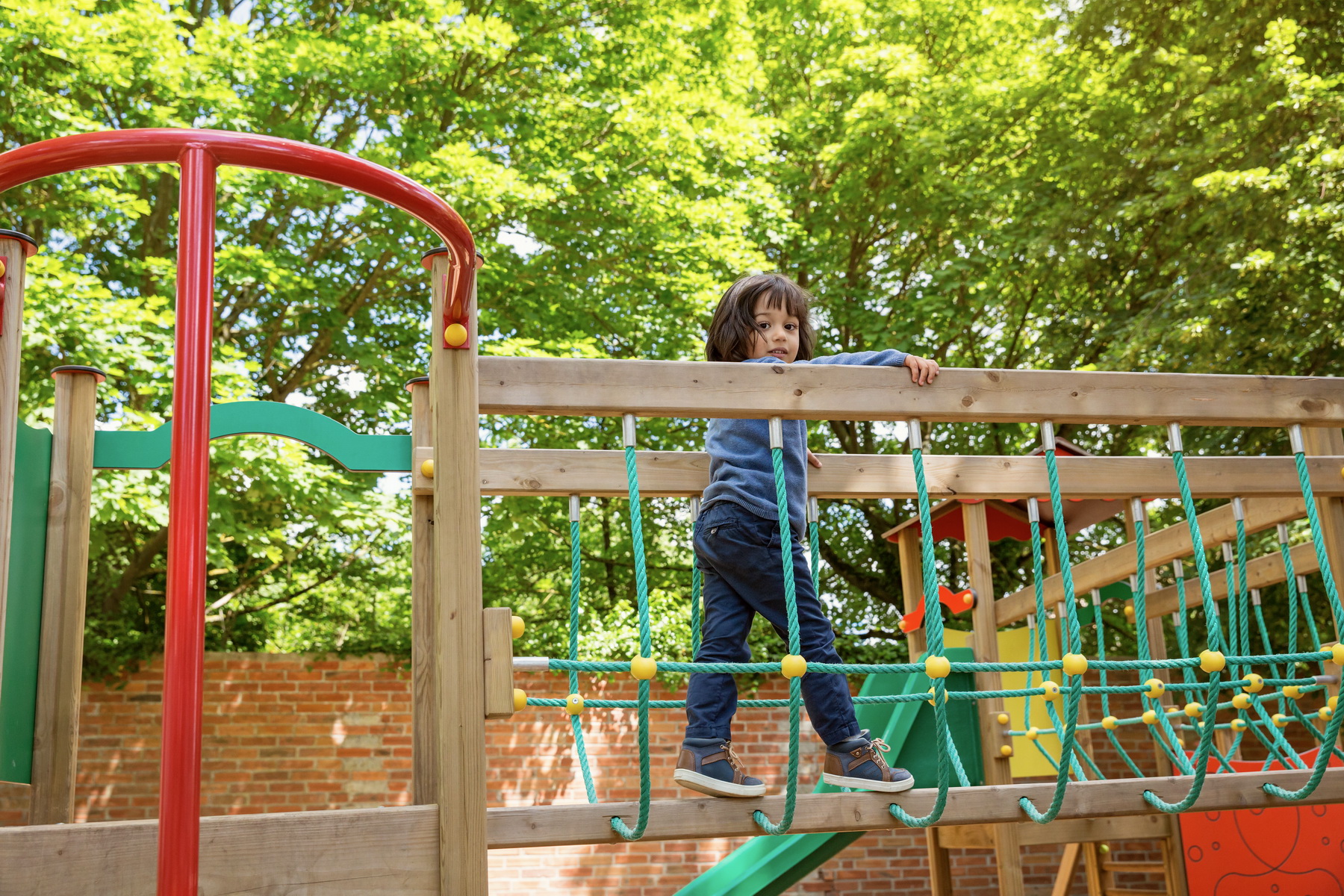Basic counting skills Normal Worksheets for 6-Year-Olds
5 filtered results
-
From - To
Unlock your child's potential with our Basic Counting Skills Worksheets designed for 6-year-olds! These fun and engaging printable worksheets help young learners master essential counting skills through colorful exercises and activities. Each worksheet promotes number recognition, one-to-one correspondence, and basic addition concepts, making math enjoyable and approachable. Perfect for both home and classroom use, our resource empowers children to build a strong numerical foundation while boosting their confidence. Whether reinforcing classroom learnings or supplementing home education, these worksheets provide the ideal tools for early math success. Get started today and watch your child thrive in their counting journey!
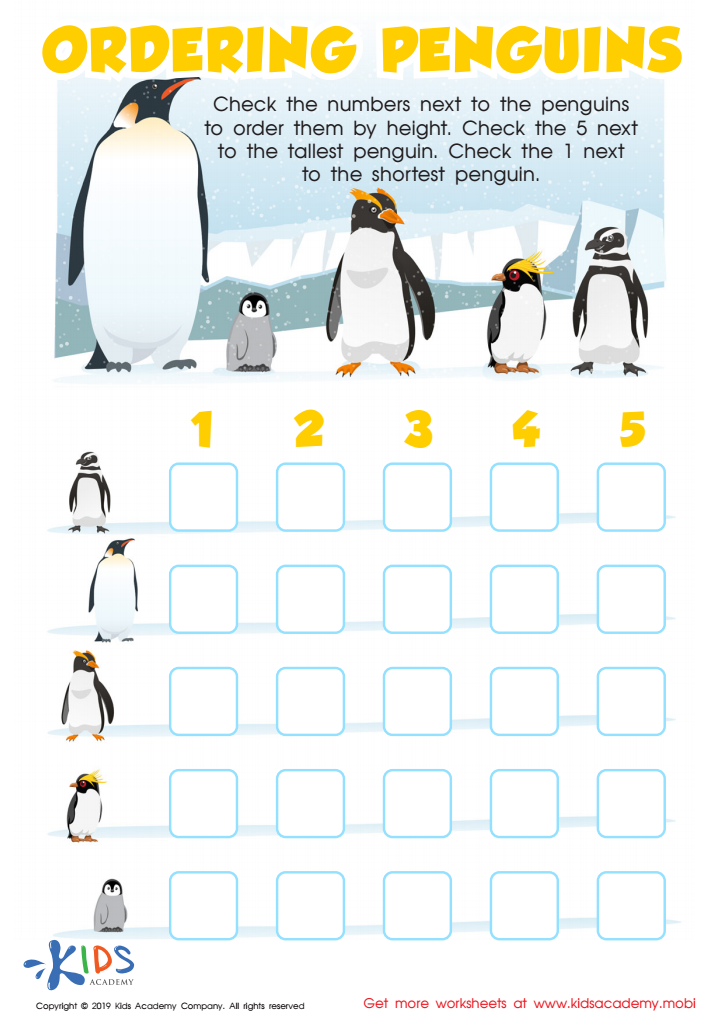

Ordering Penguins Worksheet
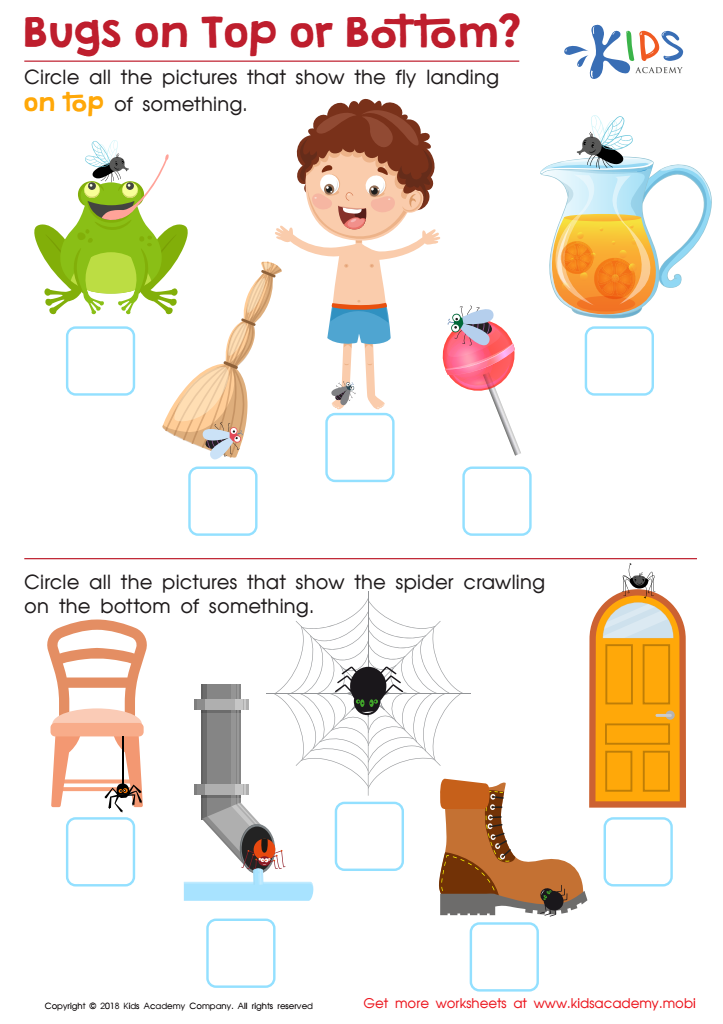

Bugs on Top or Bottom? Worksheet
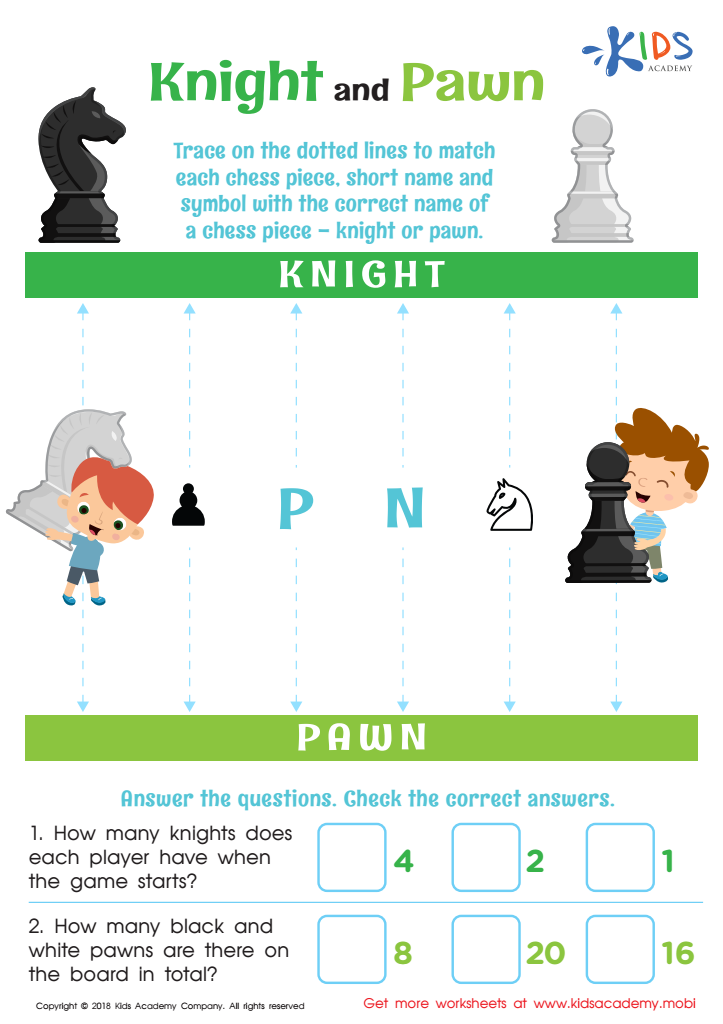

Knight and Pawn Worksheet
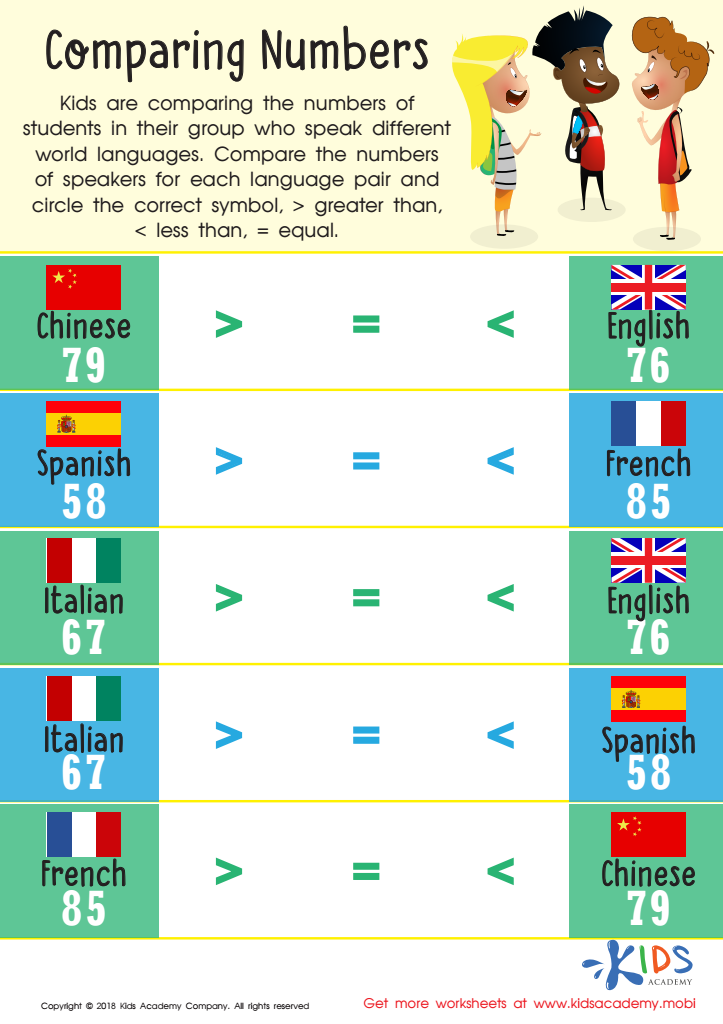

Comparing Numbers Worksheet for 1st Grade
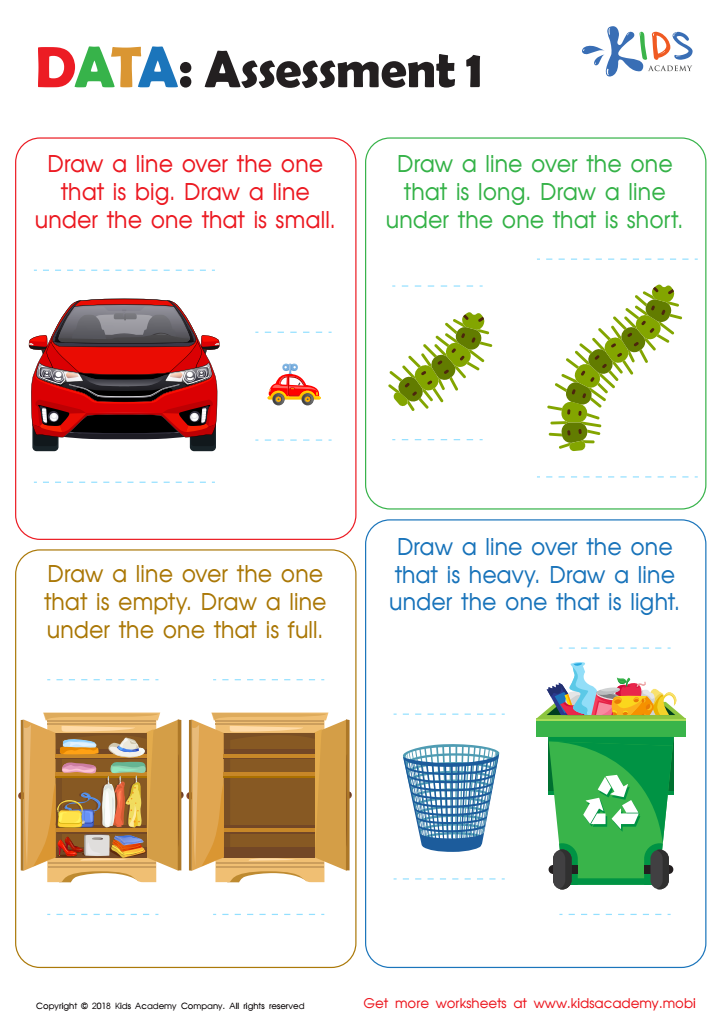

Data: Assessment 1 Worksheet
Basic counting skills are foundational for a child's cognitive development and play an essential role in future academic success. For 6-year-olds, mastering counting is crucial as it lays the groundwork for understanding more complex mathematical concepts. Parents and teachers should prioritize these skills because early numeracy affects not only math proficiency but also critical thinking and problem-solving abilities.
Firstly, counting helps children gain a sense of number sense, allowing them to make sense of quantities and develop comparisons, such as more or less. This understanding is critical in daily life activities, from sharing toys to shopping trips. Secondly, counting promotes pattern recognition and sequential thinking, essential cognitive skills that support other subjects like science and engineering.
In addition, a strong foundation in counting fosters confidence in students. When children feel comfortable with basic math, they're more likely to participate in classroom activities and take on new challenges. Engagement in math from an early age also encourages a positive attitude towards the subject, reducing anxiety and boosting motivation in future education.
Ultimately, nurturing basic counting skills enhances a child’s overall learning experience, equipping them with the tools they need for lifelong academic achievement. Parents and teachers can play a pivotal role in this essential phase of development.
 Assign to My Students
Assign to My Students



